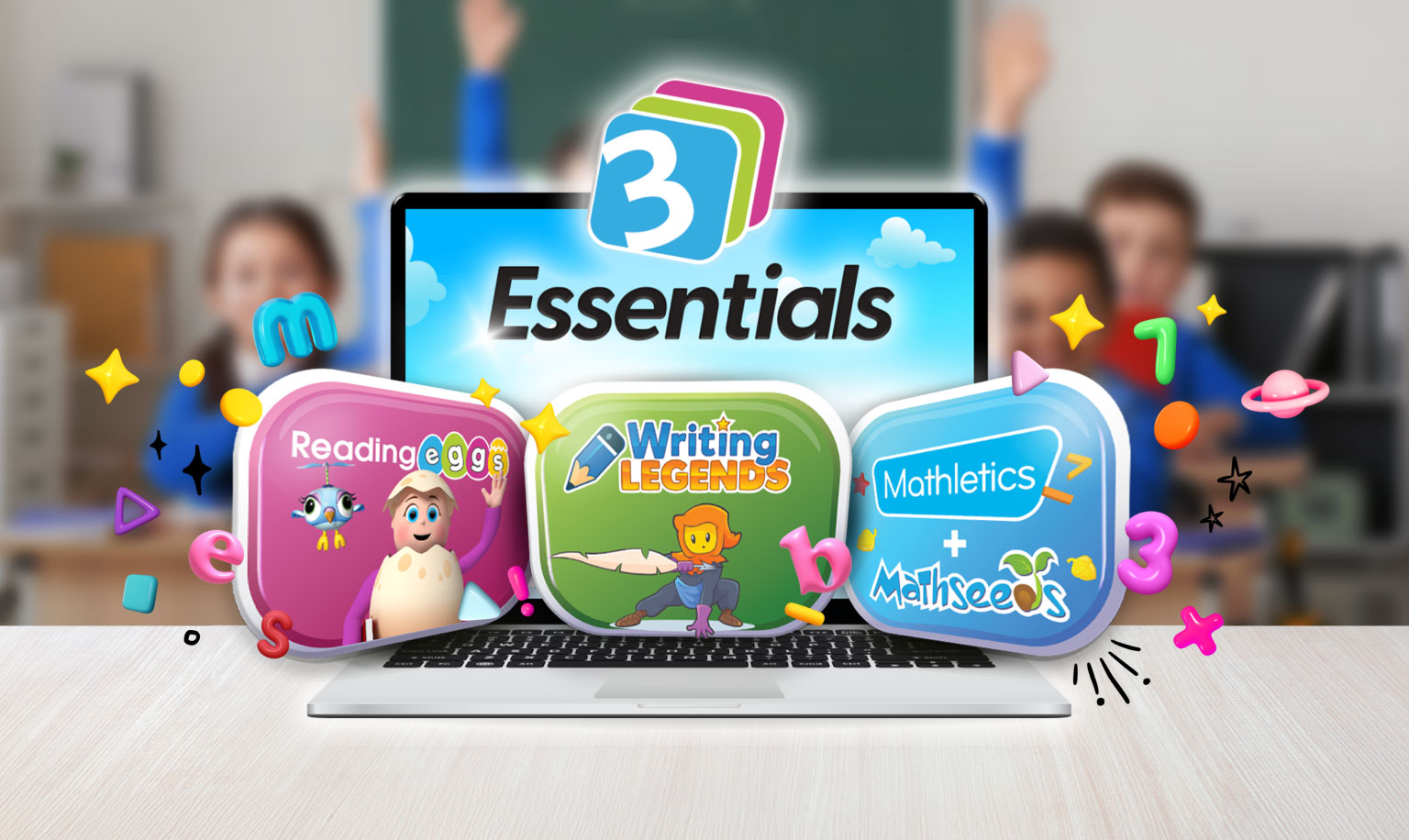
Is your class suffering from a terminal lack of enthusiasm?
You might have noticed it in increasingly vacant stares, empty worksheets, or class ‘discussions’ where you seem to be the only participant.
Every teacher has experienced it at some point. Because ultimately, we can’t expect our students to be 100% enthused about coming to class every single day – any more than the same can be expected of us teachers (how excited are you when the bell brutally cuts off your lunch break? Be honest).
But if your students just aren’t ‘feeling it’ for weeks on end, their learning does start to suffer. That’s why it’s important to keep them enthused about learning in the long term, so they can ride out those days where they ‘just aren’t feeling it’ and keep making progress right up until the end of the year.
Here’s how you do it.
Model classes on growth mindset
A study into modelling mathematics lessons on growth mindset revealed some interesting insights.
Students tested with standard mathematics problems were more likely to get answers right but far less motivated to complete the test. Students given the growth mindset test experienced the exact opposite. In fact, they grew more motivated to complete the test as they went on.
What was the crucial difference in these tests?
The first test was given in a format that students expected from standardised testing – solve the equation and you’ll find the answer. The growth mindset-based test gave students the opportunity to explore, discover, test their thinking and reason out their answers. Piquing their curiosity proved to be the key in developing intrinsic motivation and excitement to learn.
Nail the purpose for learning
If a student is asking “why are we learning this?”, it’s a sign they aren’t seeing the value in what they’re learning – yet. Instead of snapping back with “ the syllabus demands it and there’ll be test on the topic at the end of the semester” (yes, I’ve actually heard this), having a concrete purpose for learning will turn this into a powerful moment of inspiration.
After all – we all crave purpose to what we do, and students are no different. As math teachers, there are plenty of ways we can ground our topics in real-world situations.
Here’s how answering the ‘why’ helps build enthusiasm:
It shows that it matters – showing how maths makes a difference to their lives and potentially the world guarantees student ‘buy-in’.
It makes it interesting – the scope becomes inspiring rather than ‘do it and forget about it’.
It makes students a part of something – connections made between the lesson and the bigger picture make it a group effort.
And most importantly:
It makes it enjoyable – and the more enjoyable it is, the more willing they’ll be to get involved. Turning passive participants into active participants is life changing.
Think about it this way: You don’t learn algebra to know values or trigonometry to find the volumes of containers. You use them to get to the moon.
Give ownership where possible
Autonomy is one of our students’ most powerful desires. At this point in their lives they’re living to their parents and the school’s schedule, so they’re curious and excited to exercise some independence.
Giving them the chance to make their own choices, practice responsibility, and feel success independently allows them to take ownership over a small (and extremely important) part of their lives.
Designing lessons with student choice in mind – ‘you can try it this way or that way etc.’ – opens new possibilities for developing curious minds.
Remember – when students are told what to do, their pathway ends when the job is done. When students are given the chance to explore, their journey can go on for a lifetime.
Rethink ‘failure’ and create success
It’s hard to try things if you’re convinced you’ll fail.
This is especially true for mathematics. A single glance at a long list of incomprehensible problems for your students is enough to drain their energy and commit themselves to ‘failure’. That way, they save energy, save face, and can pretend like they never cared. Switching this thinking relies on tapping into an inherent belief that everyone can succeed. Our job is to create an opportunity for them to do so.
Once they’ve experienced this success, it’s important to celebrate it. This creates the ‘reward’ part of motivation, kickstarting the positive cycle of ‘it feels good to find success, and I can find success in mathematics’.
Strengthen relationships
Emotional connections are powerful. Between us and our students, it creates a level of trust and understanding that allows for them to be vulnerable or be comfortable asking for help.
Further, fostering peer-to-peer relationships nurtures further learning opportunities and support – sometimes outside of school hours.
The simple truth is that we work harder for people we like. Nurturing healthy classroom relationships creates a culture of respect and patience, and it allows students to thrive in their learning.
Own your passion
Student’s cognitive load – their ability to take on new information – is limited. Their ability to take on emotional load, however, is much, much broader.
Injecting your enthusiasm into lessons and topics is an emotional hook; it’s the performance that draws them in, and the promise of more that makes the work rewarding.
Where you lead with energy, your students will follow.
Need help with reigniting students enthusiasm for mathematics?
We’ve got you covered. Discover The Secret of Student Motivation: Motivation is a Choice or download our teacher loved mathematics review activities:

Download printable worksheets, activities, engagement resources
and more
Sources
New evidence reveals the best way to motivate students in maths – StudyInternational.com
Mathematical mindsets increase student motivation: Evidence from the EEG – https://doi.org/10.1016/j.tine.2019.02.005
Motivation Matters – NCTM.org











